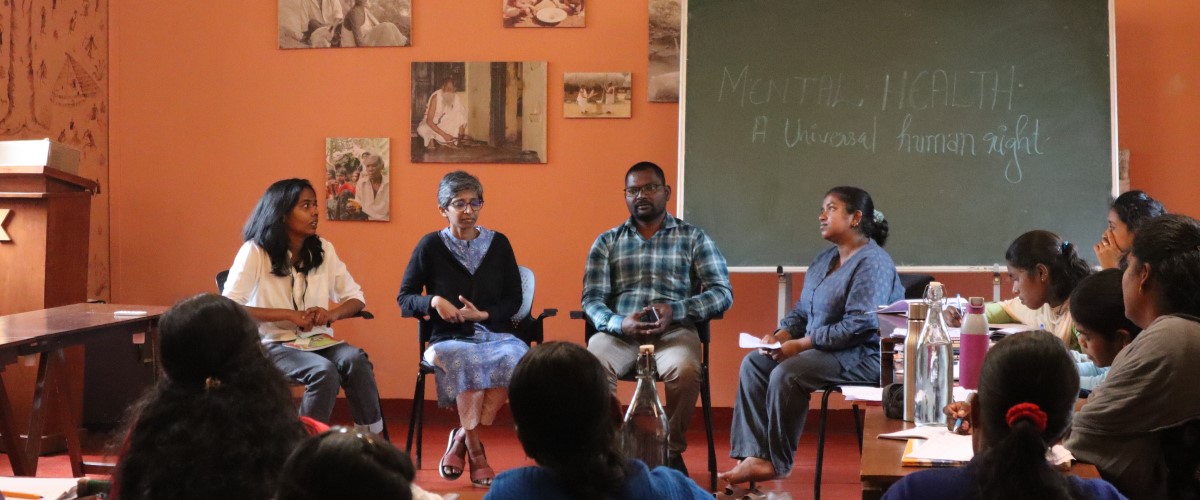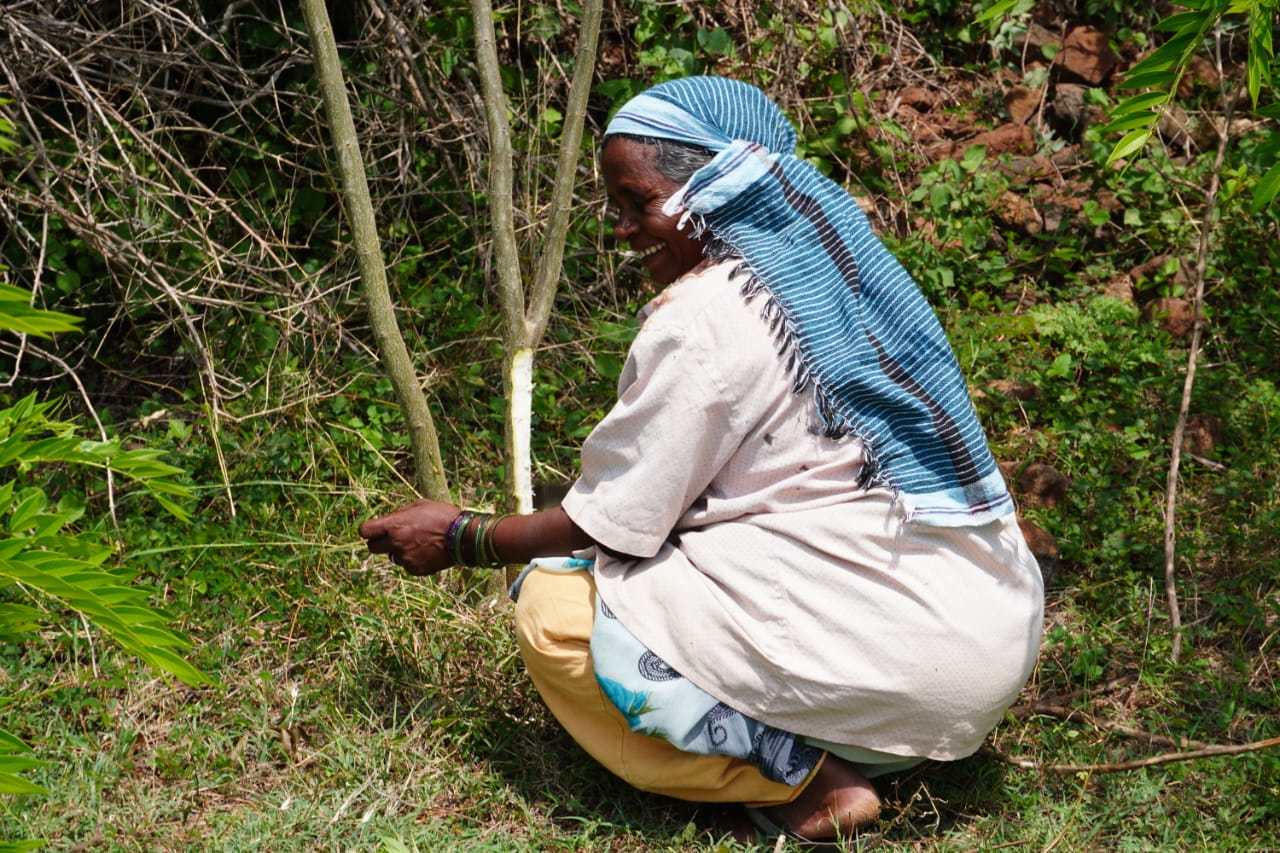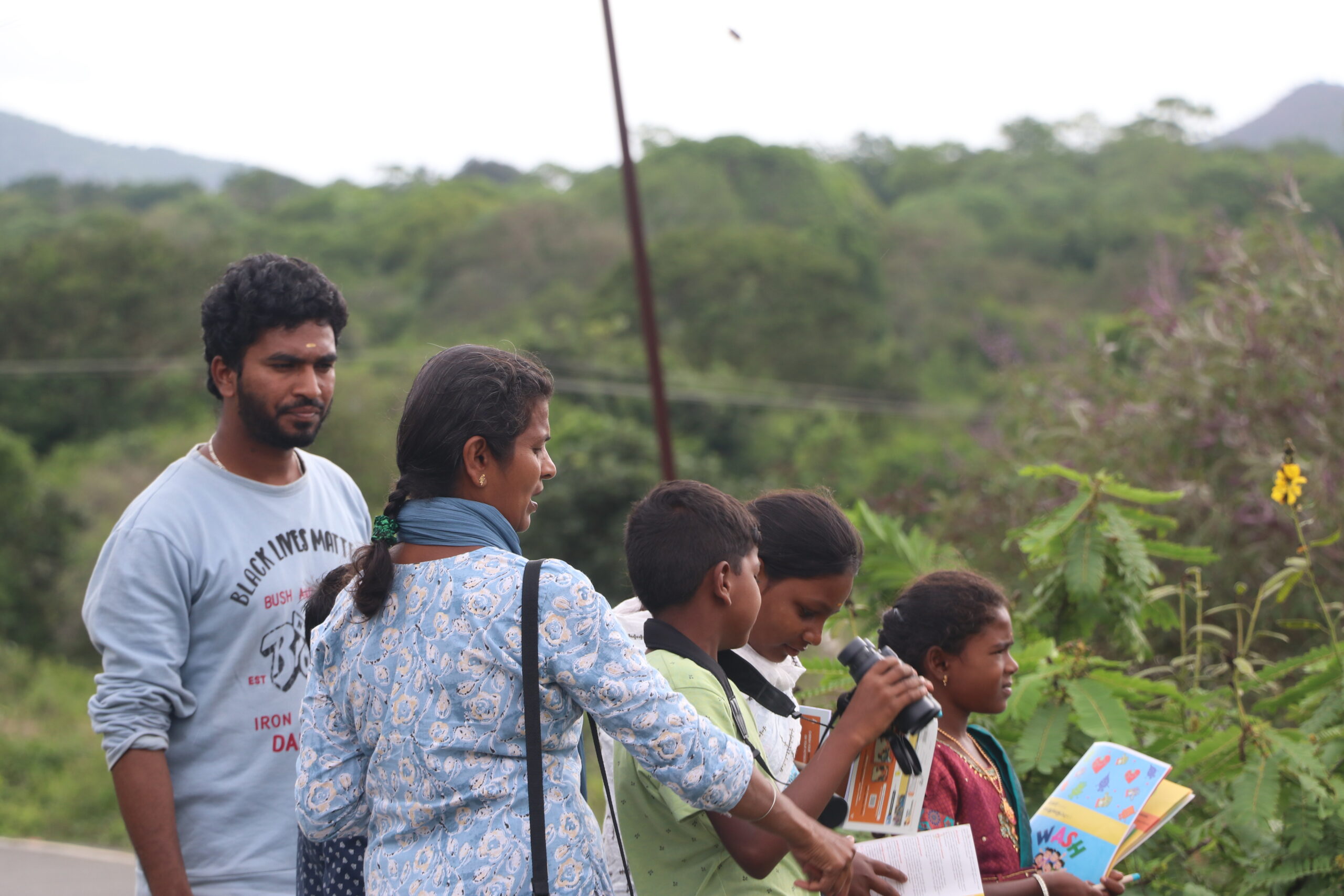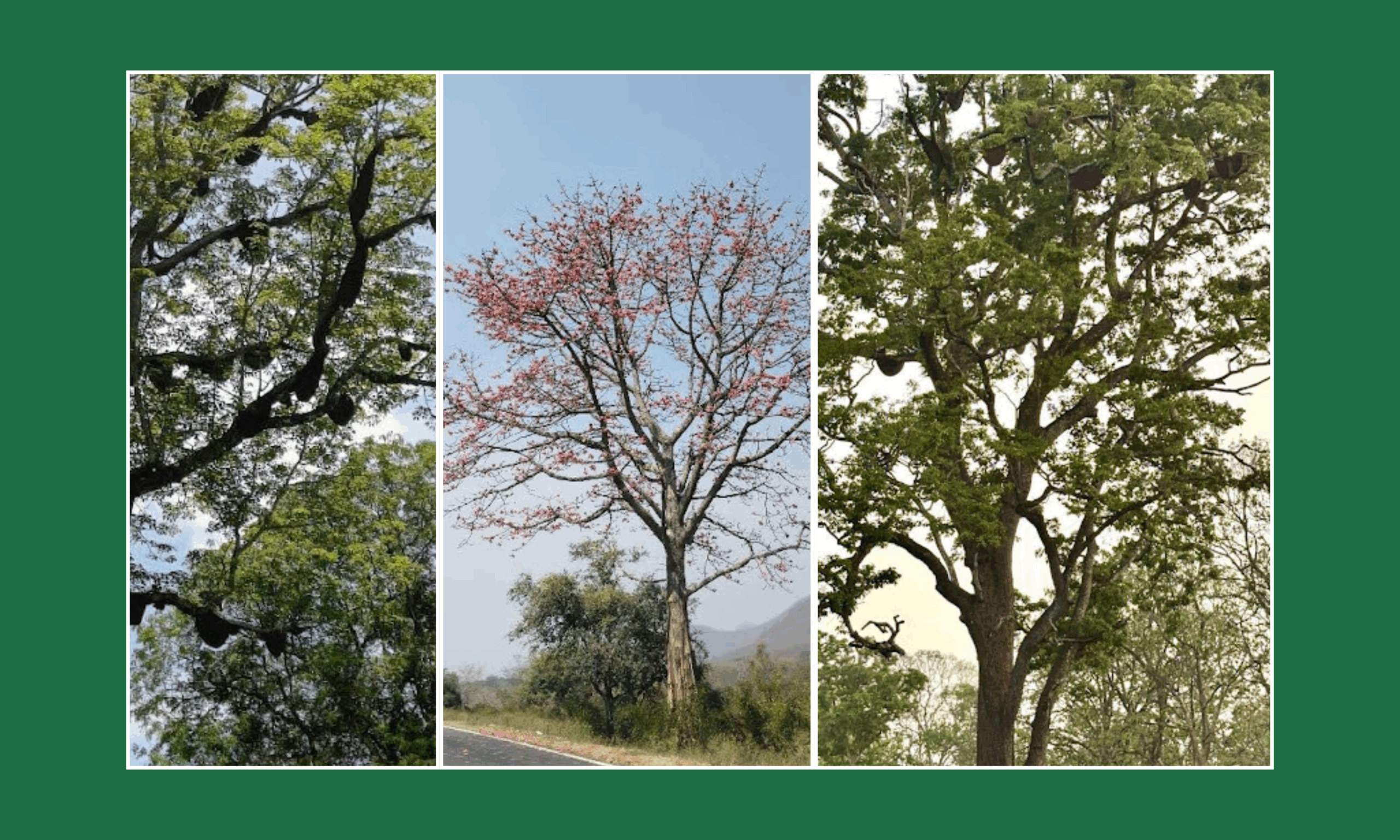October 10, 2023
By Anagha C.
Technical Coordinator – Healthcare (Community Wellbeing)
This year, World Mental Health Day that fell on October 10, chose the theme “Mental Health is a Universal Human Right”. The annual day in resounds calls to intensify endeavours towards improving mental health, reiterating an approach that is mindful of human rights. Mental Health is one of the fundamentals of an individual’s holistic well-being and exerts a profound influence across various facets of life.
It is globally considered as the primary contributor to the overall burden of disease, particularly in terms of years lived with disability (YLDs). The condition escalates in developing nations, exacerbated by the pre-existing strains on healthcare systems. In India, mental disorders rank prominently among the leading causes of non-fatal disease burden, impacting approximately 14% of the total population. The extent of mental disorders in India is nothing short of staggering, accounting for a substantial portion, approximately 15%, of the global burden related to mental disorders. This burden has exhibited a consistent upward trajectory, nearly doubling its share within the overall disease burden since the onset of the 1990s. Despite this immense scale, it is disheartening to note that the mental health ecosystem in India has been somewhat neglected, receiving inadequate attention from the government in terms of regulation and funding. Mental health assumes a pivotal position within the Indian healthcare landscape, not solely due to its sheer magnitude and ramifications, but also because of its all-encompassing reach, touching individuals from diverse socio-demographic and cultural backgrounds.
To platform various perspectives challenges of approaching mental health as a human right concern, we conducted a panel discussion with various service providers working in the mental health aspects of the indigenous communities. This opened up conversations about factors that contribute to the treatment gap, in the context of indigenous communities who belong to vulnerable strata of socio-economic class and possess a unique cultural background. Several stakeholders came together to discuss a holistic model that views mental health as a right rather than a mere biological or psychological concern. The relevance of culture and an ecological model was brought into discussion with considering the rich and unique culture the indigenous communities hold about illnesses and wellness.
Dr. Brinda Inderson, a medical social worker at Emergency Care and Recovery Centre in Ooty, and Dr. Miriam, a public health specialist from Kotagiri Medical Fellowship Hospital were invited as panelists. Anagha C. from Keystone’s community wellbeing team, who is trained in applied clinical psychology, moderated the panel discussion. We were united by our common experience working with Indigenous communities in the Nilgiris. Our community health workers and community nurses under training from Malabar Christian College, Kotagiri, were the attendees of this session, who benefitted from learning about different perspectives on mental health care from experts.
Our major points of discussion were the challenges of addressing mental health concerns of Particularly Vulnerable Tribal Groups (PVTG), cultural alienations in the public health systems, and collaborative efforts to address these challenges. The panelists shared cases of human rights violations affecting Persons with Mental Illness (PMI), social structures, along with structural violence based on socio-economic background, gender, and caste. Supporting anecdotes from our community health workers, reverberated the ground realities.
The panel discussion ended with a keynote on the relevance of advocacy in public healthcare and the significance of networking with grassroots stakeholders. The importance of the task-shifting approach in mental healthcare, i.e., shifting healthcare tasks from professionals to ground-level stakeholders such as community health workers and community nurses similar to the audience was stated as a potential way forward in addressing the different challenges discussed in the meeting. It is expected that this approach and model will bring more empathy and ecological inclusivity as the primary point of contact with PMI will be a trained community representative. Hence a deeper focus on the well-being of the person and the community rather than the illness and symptom reduction.


















